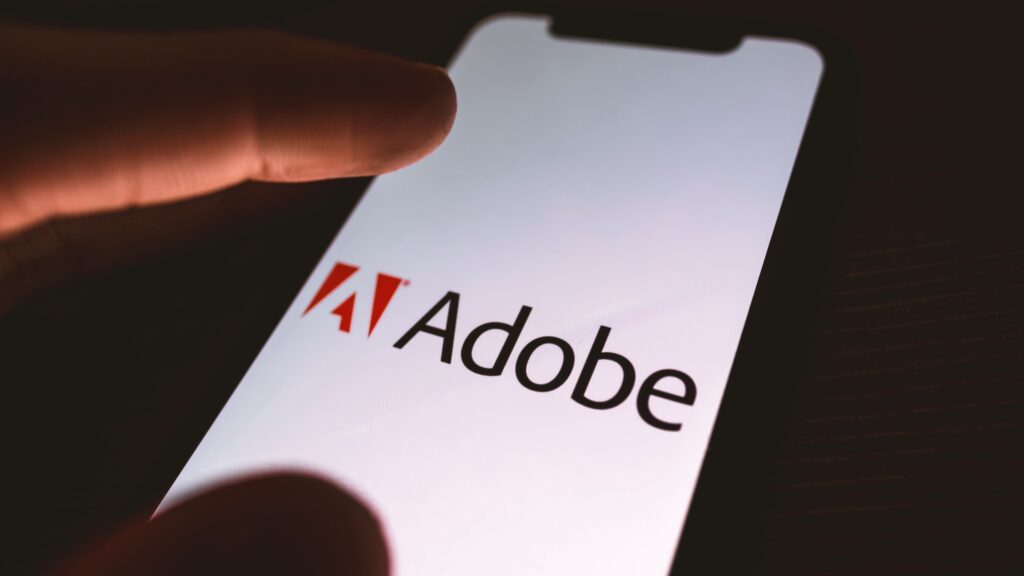Adobe will pay creators up to $120 for short video clips of people doing everyday stuff like walking or showing emotions, including joy and anger. The move is aimed at avoiding the use of copyrighted work in training data.
The software company is building its own AI program capable of transforming text into video and wants to use independent and original content to train the upcoming model, Bloomberg reports.
Also read: Adobe’s New AI Tool Can Generate 1,000 Versions of the Same Video
Adobe pays $3/minute for clips
Developers use a massive amount of data to train AI models such as OpenAI’s viral chatbot ChatGPT. The source of that data, often scrapped from any publicly available material, has been a hot button issue that’s sparked several lawsuits over copyright.
According to Bloomberg, Adobe is choosing a different method. It will actually pay certain creators, like its network of photographers and artists, to produce source material for training its upcoming artificial intelligence-based text-to-video generator.
The videos that the San Jose, California-based company is looking for are very basic and are supposed to show people doing simple things like using smartphones or fitness equipment. It also wants videos of people expressing emotions such as crying or anger, as well as clips of the human body including feet, hands or eyes.
Adobe is buying 100 different types of material from its chosen creators, the report says, adding that compensation for submitted footage ranges from an average $2.62 to $7.25 per minute. Each video will be worth a reported $120.
It is not clear who qualifies to submit footage to Adobe. However, the software firm, creator of Photoshop, says video content that is offensive, show nudity, or is copyrighted material will not be accepted – something which is standard for Adobe.
The company did not accept pictures of brands, public figures, or specific terms when it ran a similar paid program to train its Firefly AI image generator. Adobe touts Firefly as the most ethical and commercially safe model for using its own stock photos. The same rules could apply to Adobe’s new video generation tool.

Copyright wars
Adobe’s decision to source independent and original video content appears to be motivated by a need to avoid copyright issues, a matter that has sparked a lot of debate and controversy.
OpenAI, which is leading the development of tools that can create video using artificial intelligence with its Sora AI model, has faced multiple lawsuits for allegedly using copyrighted work to train its programs, including ChatGPT. Stability AI has been sued, too.
ChatGPT is able to generate summaries of entire novels, but only because the popular AI chatbot has been trained on copyrighted material from the said novels, authors allege. In March, OpenAI’s CTO, Mira Murati, told the Wall Street Journal she was unsure if Sora was trained on YouTube data. YouTube CEO Neal Mohan considers such use a violation of their terms of service.
While the legality of using copyrighted material to train AI models remains contentious, the approach taken by Adobe to pay for clips could help it get access to exclusive, high-quality content that it customize for the upcoming video generator.









 and then
and then